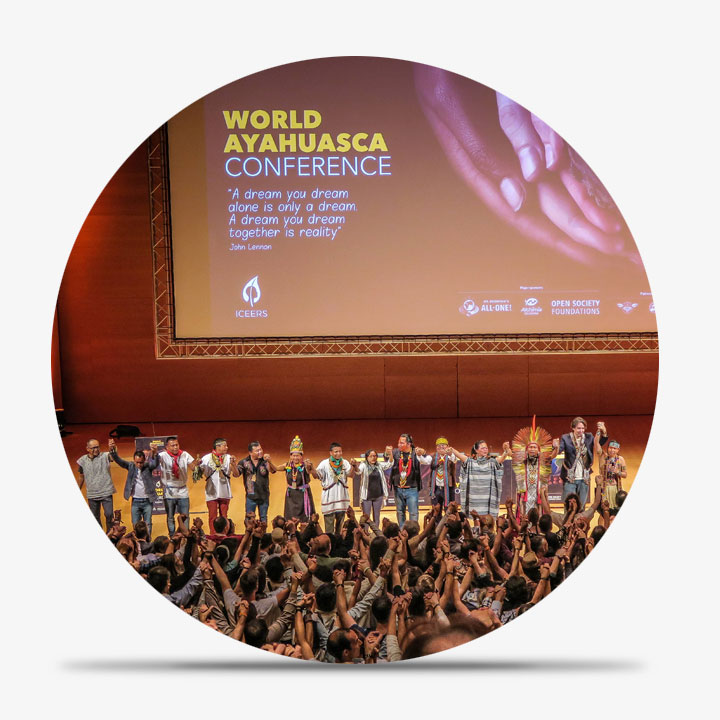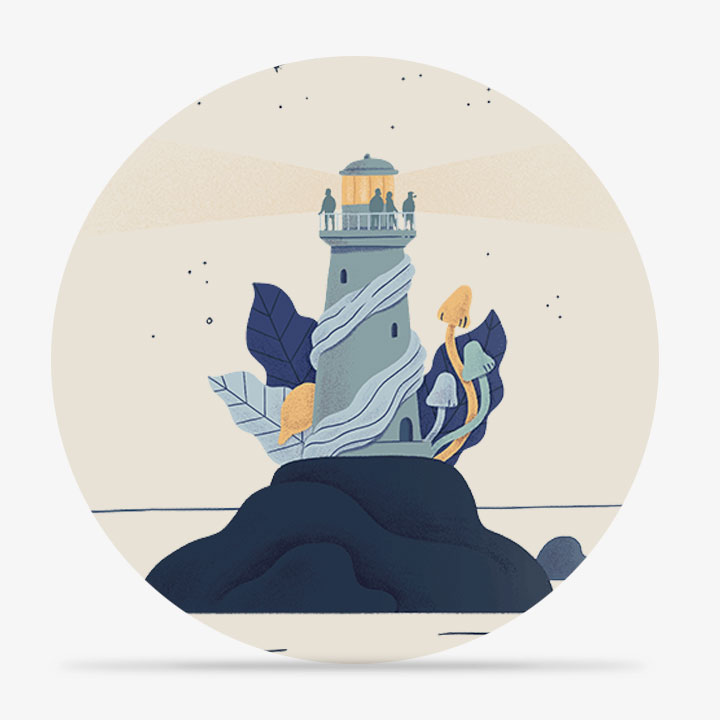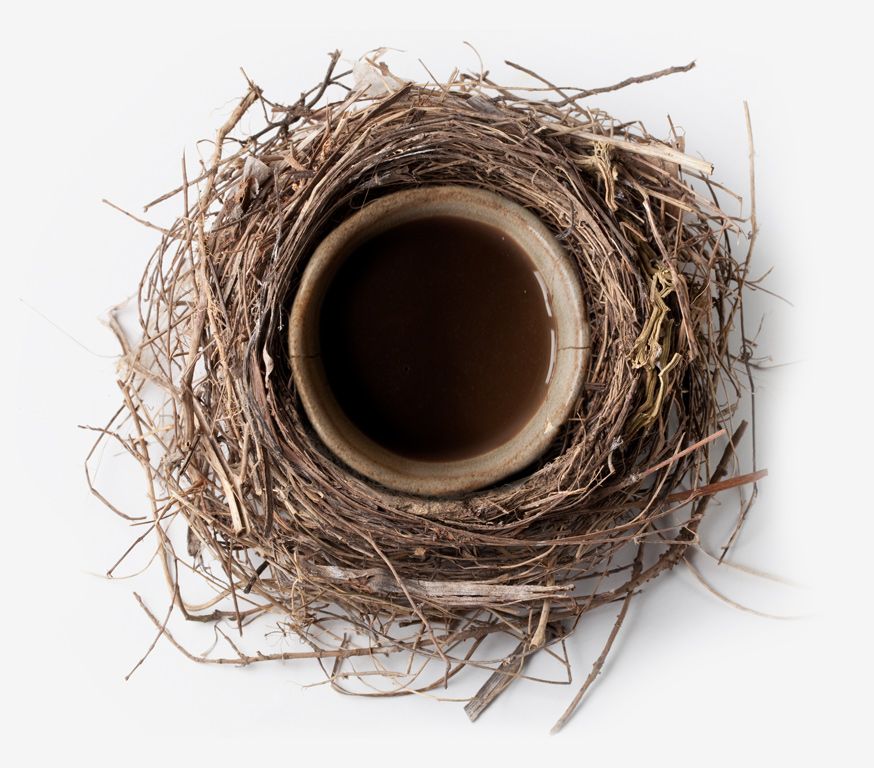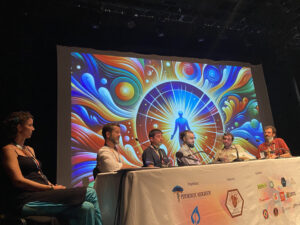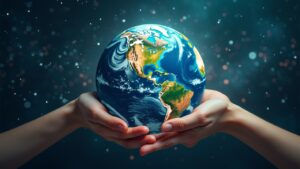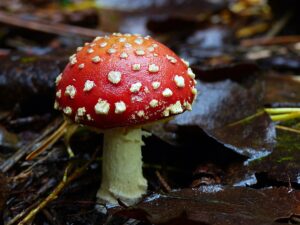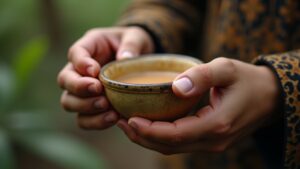Since 2010, the International Center for Ethnobotanical Education, Research, and Service (ICEERS) has led efforts to evolve the relationship of Western societies with traditional plant medicines and the cultures they are part of. Our goal is a future in which ceremonial plant work is recognized and can be safely and legally practiced while being in right relationship with the Indigenous knowledge holders. ICEERS collaborates with plant medicine community representatives, Indigenous leaders, government agencies, law enforcement, and NGOs. Alliance building is imperative to develop successful strategies to guarantee the health, safety, and fundamental rights of all communities involved.
If you want to learn more about our organization, you can find further information here.
